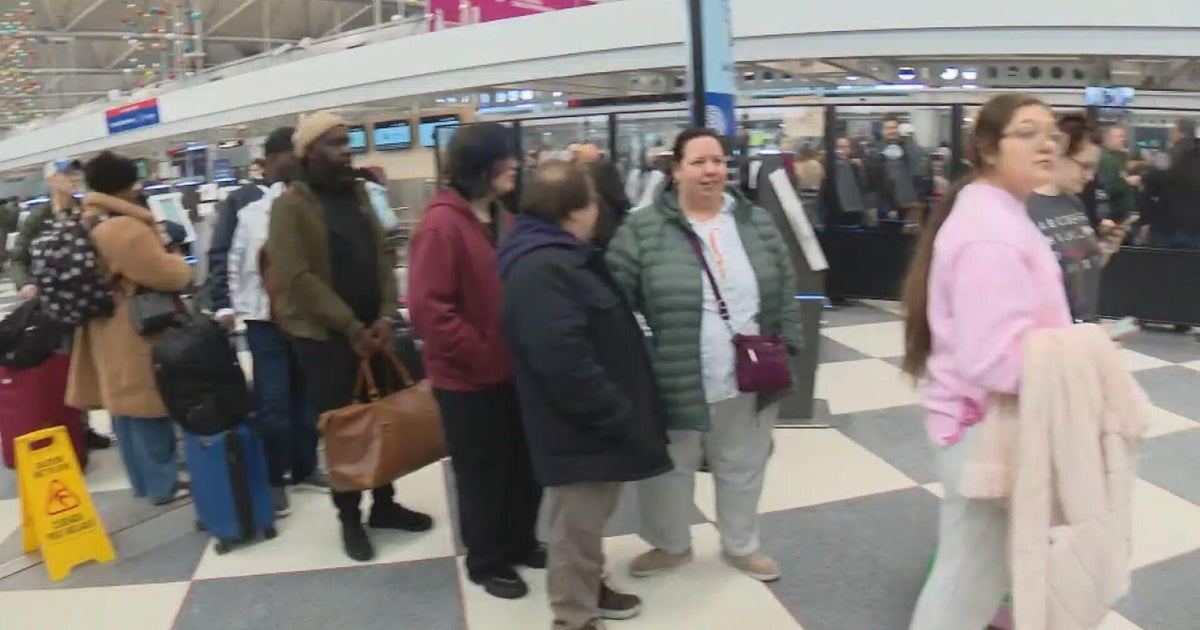Report: Travel nurses aiding, disrupting Massachusetts hospitals
By Sam Drysdale, State House News Service
An increasing reliance on travel nurses is contributing to high turnover rates among nurses in Massachusetts, as health care remains strapped by labor shortages here and around the country, according to a Health Policy Commission report.
Registered nurse vacancy rates in Massachusetts hospitals doubled from 6.4 percent in 2019 to 13.6 percent in 2022, with especially high vacancy rates in community hospitals, the HPC report says.
When COVID-19 arrived in 2020, hospitals turned to traveling health care workers to fill workforce gaps at facilities around the country that were overwhelmed.
As of 2021, these contracted workers represented about 5 percent of hospital patient care labor costs, the report says. Across the state, health care facilities paid $1.5 billion to these workers in fiscal 2022 -- a 154 percent increase over the previous year.
Travel nurses are not employed by a specific facility, but take temporary jobs in high-need areas. They are often paid more than their peers who are employed at specific facilities, and their wages spiked in 2020 and 2021, adding strain to hospitals.
As of 2022, average wages for contracted nurses in Massachusetts were 189 percent higher than the average wage of employed nurses.
The increasing reliance on these traveling nurses affects incumbent employed nurses, said HPC associate director of research and cost trends Sasha Albert. They have to take on additional roles, including administrative and training work, and are paid less than contracted workers doing the same work.
Albert said these employed nurses, who usually have institutional knowledge, are being stretched too thin and are leaving their jobs -- which then leads to more need for contract nurses.
"Under these conditions, experienced nurses may leave, new nursing grads who have not been able to be set up for success will also have high turnover, and the whole nursing unit faces a cycle of entrances and exists, a loss of institutional knowledge, a depletion of continuity of care and further strain for the nurses who remain, some of whom may then leave themselves," Albert said.
While it was not related specifically to nursing, the House last session passed a bill to protect community hospitals from larger competitors that have expanded their territories over the years. The bill died in the Senate without a vote.







